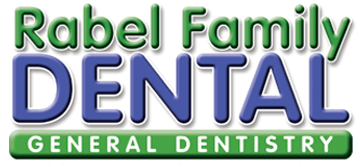Dental Concerns Seniors Should Be Aware Of

Darkened Tooth Color
Most older people have darker teeth because of years of eating and drinking stain-causing foods and beverages. In addition, the dentin, the bone-like tissue in the center of tooth enamel, also becomes yellower over time. The outer enamel also thins, allowing the yellow dentin to show through.
Dry Mouth
Over 500 various medications cause dry mouth. Older people tend to take more of these medications, which treat conditions such as asthma, allergies, high cholesterol, high blood pressure, pain, depression, anxiety, and Alzheimer's and Parkinson's diseases. If you are taking any medications that cause dry mouth, it's important to tell your dentist about them. He or she can recommend treatments.
Increased Cavities
Decreased saliva flow caused by dry mouth can lead to greater cavities. Saliva usually works by controlling the growth of bacteria and fungi that cause cavities. Treating dry mouth should also aid in preventing cavities.
Reduced Sense of Taste
With advanced age, most people experience a diminished sense of taste. Lack of taste can be enhanced by certain medications, diseases, or denture use.
Gum Disease
Root Decay
Receding gums cause the roots of the teeth to be exposed. The exposed roots are vulnerable to acidic foods, more so than the crown of the tooth (which is protected by tooth enamel).
Tooth Loss
Gum disease can also lead to tooth loss. Excessive cavities and root decay can cause teeth to be so damaged that they must be removed.
Uneven Jaw Bone
Many people who lose teeth because of gum disease also experience jaw bone loss. The remaining teeth tend to shift into the open spaces. The roots of teeth stimulate jawbone health so that when the dentist removes them, the bone can deteriorate in the open spaces.
Mouth Cancer
The majority of people who are diagnosed with mouth cancer are over 40. The average age of diagnosis is 62, so older people are typically at greater risk of developing cancer in the mouth. It's important to visit the dentist regularly to ensure early detection. Symptoms of oral cancer include red or white patches, open sores, and changes in the lips, the lining of the mouth, and tongue that lasts longer than two weeks.






